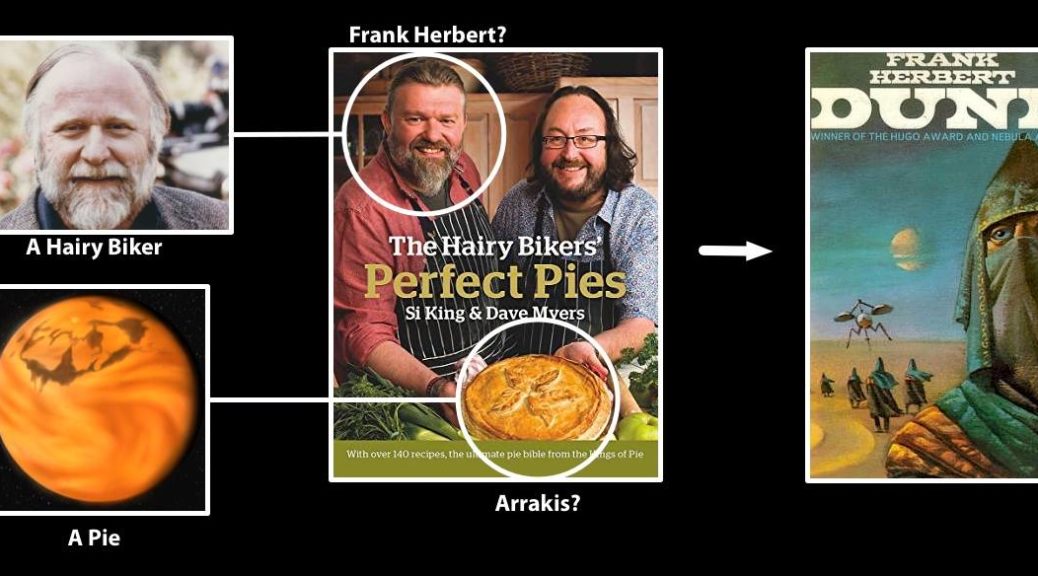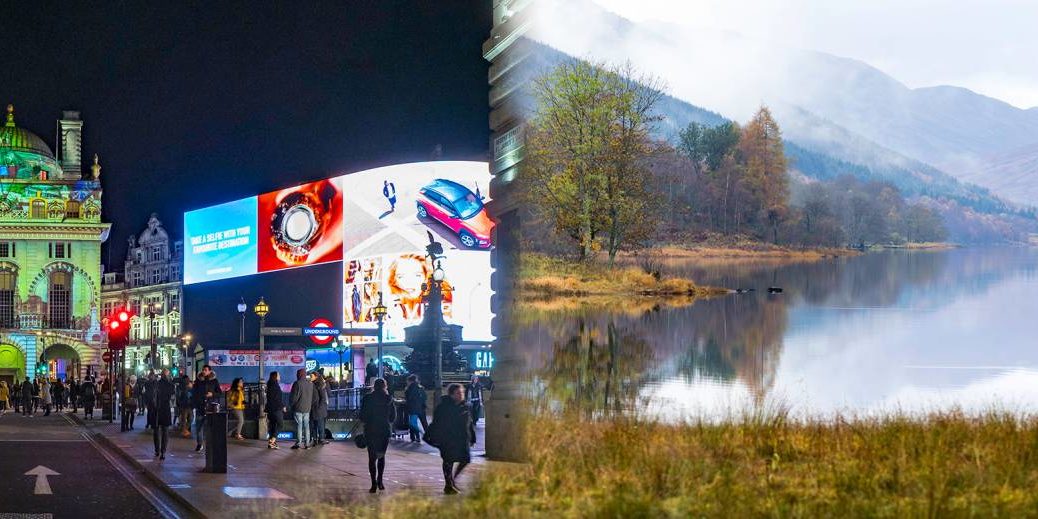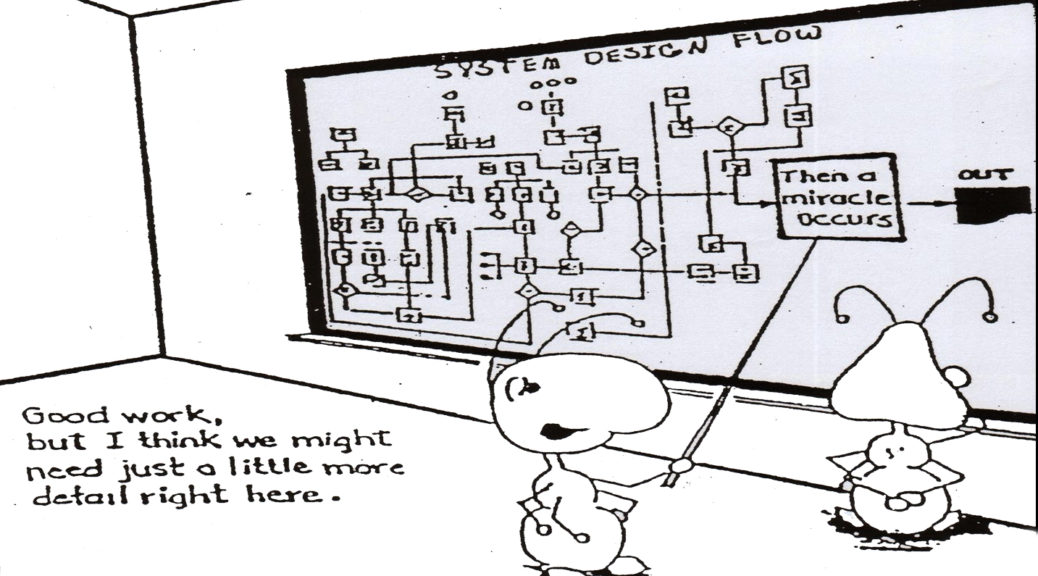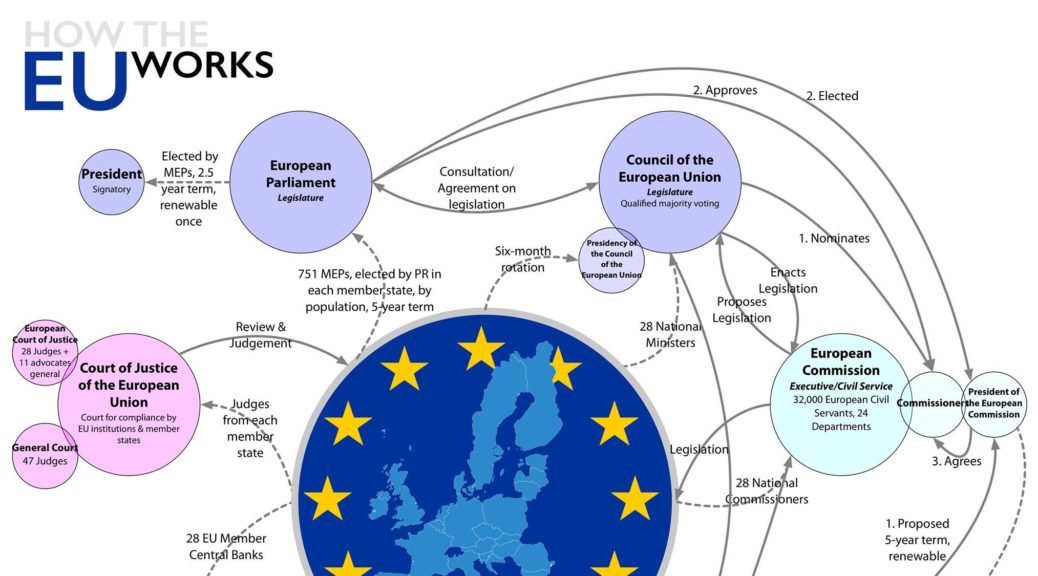
Firstly, a disclaimer: this isn’t a political piece – it’s simply a take on the Labour Party’s pledge today to provide a free full fibre (FTTP) service to every home and business in the UK by 2030. The method by which they will do so is to nationalise OpenReach, and subsidise the rollout and running of a universal fibre infrastructure through a tax on largely non-domiciled tech companies.
Disclaimer aside, let’s look at the individual elements of this proposal: Continue reading Labour & Broadband →

Most AI practitioners will argue that the risk to humanity from AI doesn’t (and won’t) come from an AI waking up one day, deciding that the best way to solve the world’s problems is to wipe out humanity and then serendipitously finding that it’s in control of the world’s nuclear weapons. On the principle that cock-up trumps conspiracy, pretty much every time, we’re far more likely to take a range of hits from the misapplication of an AI that’s either too stupid to do the job that’s been asked of it or where those deploying it are incapable of understanding its limitations (or indeed don’t care, as long as they’ve cashed out before it all falls apart). Broadly speaking, machine systems fail for one or more of these reasons: Continue reading Wye AI, Man! →

I spend much of my time working on various Smart City programmes: anything from modelling need and opportunity to designing architectures for the fusion of large and diverse data sets with live sensor and device data (IoT) and the analytics needed to make the results coherent, timely and relevant. I also live in a very small community, where I was founder of a community company whose efforts have led to our little corner of the Scottish Highlands being in the top 1% of global broadband connectivity. We’re now starting to use that infrastructure to create opportunities for new services and means of service delivery, applying the principles of Smart City programmes to the needs of rural and remote communities, based on the tripod of providing the tools (in the form of the infrastructure), helping people acquire appropriate skills and then nurturing the ideas that then emerge.
Continue reading From Smart Cities to Rural Communities →

I spend quite a lot of my time doing due diligence on innovation funding applications. I’ve been doing this for rather longer than is comfortable to contemplate so, over the years, I’ve seen progressive tides of hype wash in, fill a few rock pools, and then wash out again, only to re-emerge a few years later – assuming it had any merit in the first place – in a form that actually works as part of the overall problem-solving ecosystem. That innovation-development-hype-disappointment cycle may actually happen several times before the rest of the innovations needed for an idea to gain market traction catch up. That’s certainly been the case with VR and AR, with IoT and, most of all, with ArtificiaI Intelligence (AI). Continue reading Then a Miracle Occurs: The Hype of AI Pitches →

For nearly three years now, I’ve been trying to engage some of my fellow Britons in meaningful debate, initially about why they’d plan to vote to leave the EU and then about why they voted to leave.
It’s been very depressing – all I’ve found is delusion, denial and the repetition of Daily Mail level mantras such as, “Were taking back control” (they tend not to do apostrophes) or, “We need to get out from under the unelected EU superstate/dictatorship“. Which is a bit rich coming from citizens of a country that, for nearly half a century, has been one of the key players in formulating the structures, processes and decisions of the EEC, the EC and now the EU. Continue reading Democratic Clarity →

Long ago, I called my consulting company Two Worlds, because so much of my work was, and remains, about reconciling different views and attitudes: technology and business, art and science or physical and virtual worlds. Here though is an instance where two worlds of my own converge head-on: my organisational background and my voluntary work in advanced motorcycle instructing. It’s a rather sad tale but one which parallels and echoes what we so often see in the commercial world.
Continue reading Colliding Worlds →
Two Worlds is an AI research consultancy and incubator, specialising in complex, adaptive systems. We create strategies, technologies and services that encompass advanced data discovery and fusion AI/Machine Learning, IoT networks, augmented and mixed reality systems.






